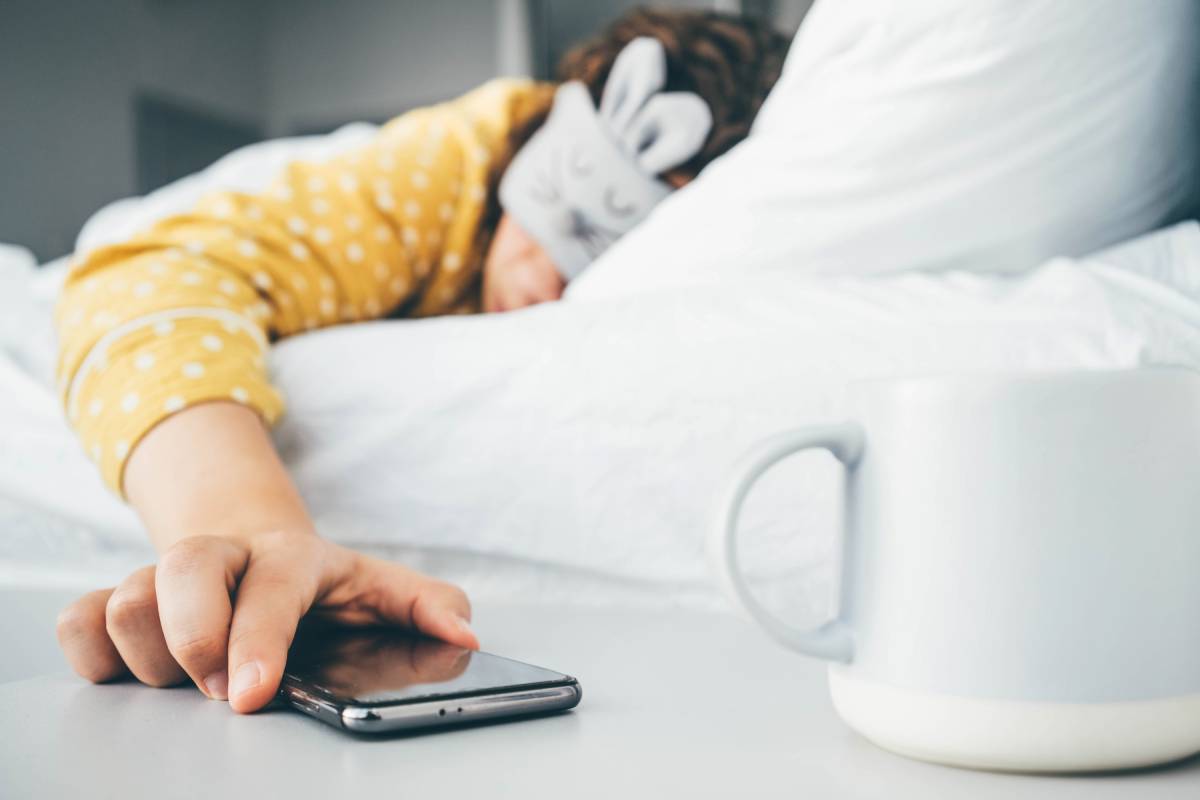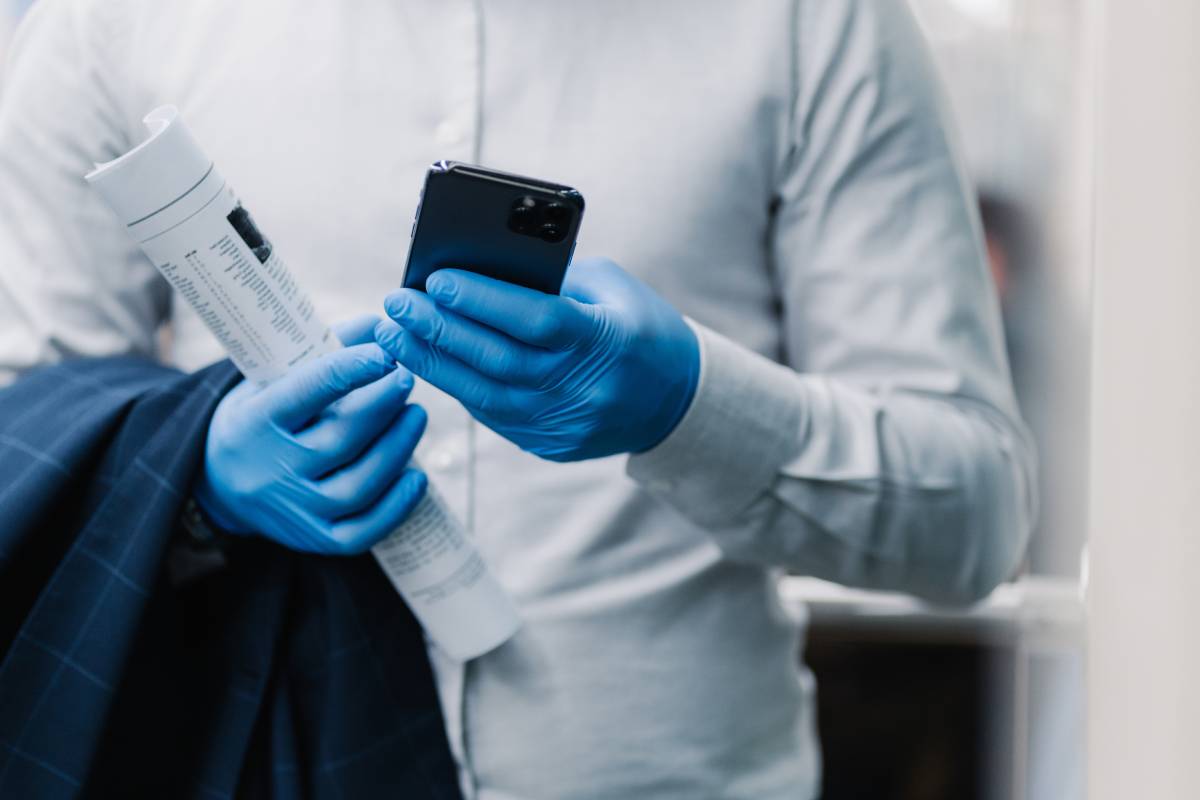Smartphones are essential tools in today’s digital age, often charged overnight due to their constant use as communication and alarm devices.
However, concerns exist about the safety of charging while sleeping, its impact on battery life, and the potential health effects of radiation emitted during charging.
This article explores whether overnight charging is safe, its effects on battery health, and if mobile phone radiation poses any real harm. Understanding these factors will help you make informed decisions about smartphone usage and charging habits.
Is it Okay to Leave a Battery Charging Overnight?
The short answer is yes, modern smartphones are designed to handle overnight charging.
However, there are some important considerations to be aware of. Charging your phone overnight has been a common practice for many years, but the effects of long duration charging have raised some concerns among users.
How Smartphones Manage Charging
Modern smartphones use lithium ion batteries with built-in charging management systems that prevent overcharging. Once the battery reaches 100%, the phone stops charging and runs on power from the charger.
While overcharging is not a major concern, frequent overnight charging can gradually reduce battery health over time.
Lithium ion batteries naturally lose capacity with repeated charge cycles, and this process may speed up if the phone remains plugged in long after reaching full charge.
Battery Wear and Tear
Is It Harmful to Sleep Next to Your Phone?

Many people have grown accustomed to sleeping with their phone beside them, whether it’s for convenience, as an alarm clock, or for emergency contact.
However, there’s growing concern about potential risks associated with keeping your phone near you while you sleep, particularly when it comes to radiation.
Radiation from Phones
Mobile phones emit low level non ionizing radiation, called radiofrequency (RF) radiation, which doesn’t have enough energy to remove electrons from atoms. Unlike ionizing radiation RF radiation is not believed to cause harm in the same way.
However, the long term effects of RF exposure are still under research, with no definitive conclusions yet.
While phone radiation is considered low level compared to other sources of electromagnetic radiation, organizations like the WHO recommend minimizing excessive exposure, especially for children and pregnant women.
Effects of Sleeping Next to Your Phone
Some studies suggest that prolonged exposure to RF radiation may affect sleep quality and increase the risk of conditions like headaches, stress, and anxiety. Concerns also include potential long-term effects on fertility, brain health, and cancer risk.
While the evidence is not conclusive, experts recommend reducing exposure, especially during sleep.
Keeping the phone away from the body, such as placing it on a nearby table or using a wireless charger, can minimize radiation exposure. Avoiding direct contact with the phone under the pillow is also advised, as it can reduce potential health risks.
Is Radiation from Phones Harmful?

As previously mentioned, mobile phones emit radiofrequency radiation, which is classified as a possible carcinogen by the International Agency for Research on Cancer, a part of the World Health Organization.
This classification means that there is some evidence linking RF radiation to an increased risk of cancer, but the evidence is not strong enough to definitively conclude that phone radiation causes cancer in humans.
Current Research on Radiation and Health
Precautionary Measures
While the risk from phone radiation is generally considered low, it’s still a good idea to take some precautionary measures to reduce exposure. Here are a few tips:
- Use speakerphone or wireless headsets to keep the phone away from your head during calls.
- Avoid carrying your phone in your pocket, especially if you’re concerned about exposure to reproductive organs.
- Limit the time you spend on calls or use text messages instead.
- Turn off your phone when you’re not using it, especially at night.
Conclusion
Charging your phone overnight is generally safe as modern devices prevent overcharging. However, to extend battery life, avoid charging to 100% regularly or leaving it plugged in for long periods.
As for radiation, the risks from sleeping next to your phone remain low but are still under research. To minimize exposure, consider keeping your phone at a distance or turning it off at night.
Additionally, consider the electric usage and energy efficiency of keeping devices plugged in for long periods. While research is ongoing, it’s wise to stay informed and make choices that protect both your phone’s health, electric consumption, and your own well being.




















